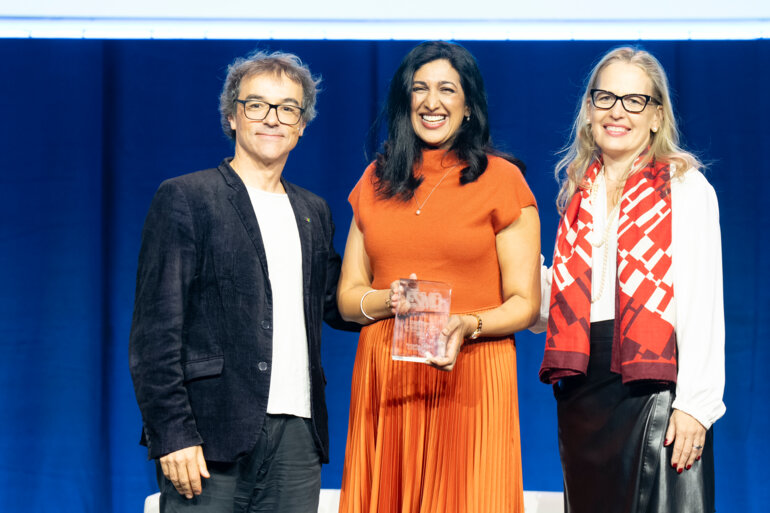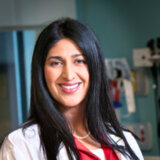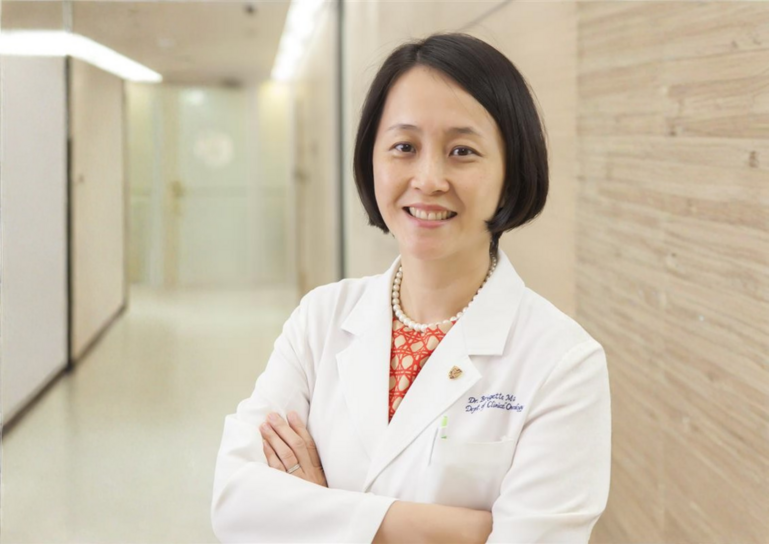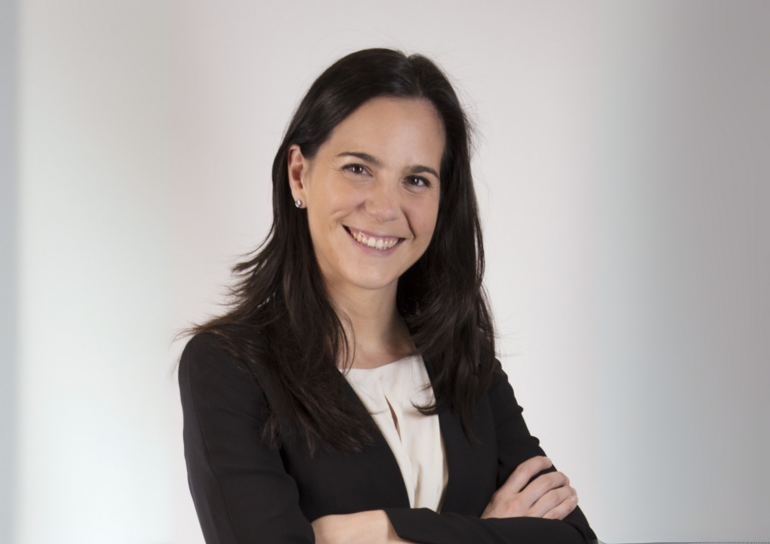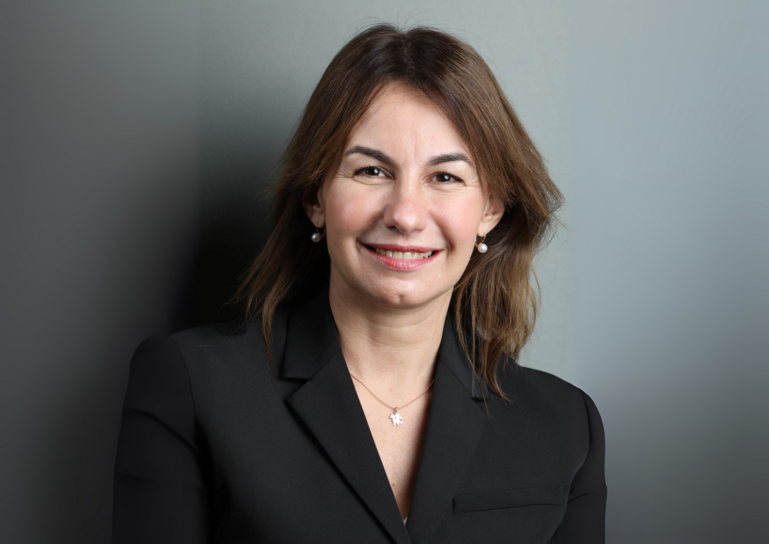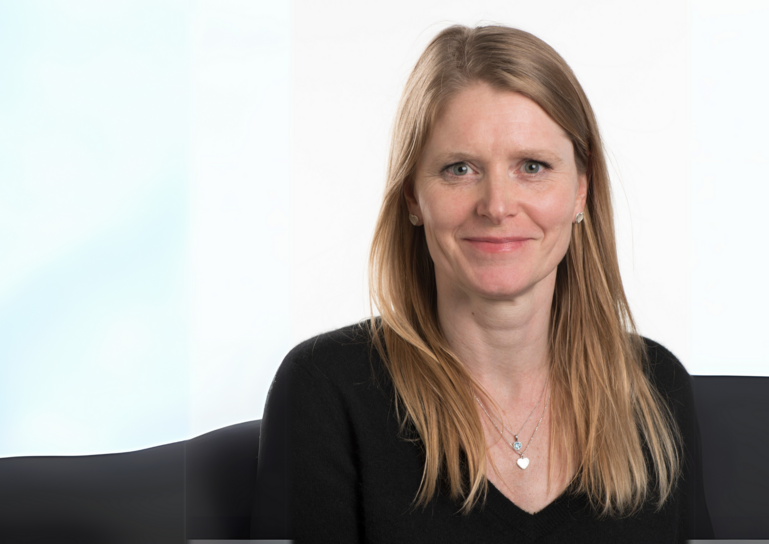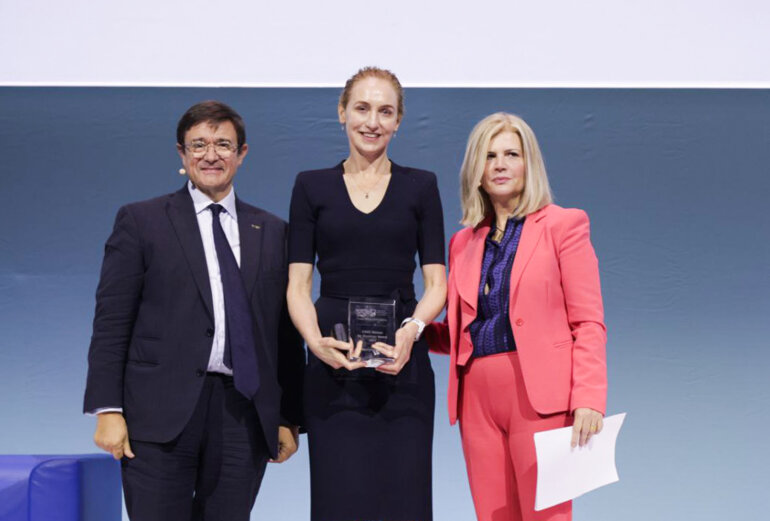Receiving the 2025 ESMO Women for Oncology Award, Dr Natasha Leighl stresses the importance of passing along learnings, support and opportunities to others
This year, the ESMO Women for Oncology Award was given to Natasha Leighl, Division Head of Medical Oncology and Hematology at the Princess Margaret Cancer Centre and the UHN-Sinai Health Department of Medicine, and Professor of Medicine at the University of Toronto, Canada. She has made significant contributions to lung cancer research and treatment, also helping to establish the role of liquid biopsy in cancer diagnostics, and has been recognised for her longstanding commitment to mentoring and actively supporting the professional development of individuals working in oncology.
To what extent has being a female professional working in oncology impacted on your scientific achievements in the lung cancer field?
As a woman in a historically male-dominated field, working hard to establish my credibility as a researcher and leader has been essential. Support from my many mentors – both female and male – has helped me with this, including accessing leadership roles and key contributions in the areas of clinical trials, bringing liquid biopsy and next-generation sequencing into practice, ensuring adoption of precision oncology in the public system and clinical guideline development.
The mentorship and support I have received throughout my career have been instrumental in shaping my scientific path. It has also shaped my commitment to improving the system for colleagues and future oncologists, ensuring an environment where we prioritise excellence and achievement, great patient care, inclusiveness and equity.
Were there inspirational women who influenced you to pursue your current career path?
Dr Frances Shepherd, a previous recipient of the ESMO Women for Oncology Award and pioneer in lung cancer clinical research, has been a pivotal mentor throughout my early and mid-career. I first met her in the late 1990s when I was interviewed for our medical oncology training programme, and she subsequently recruited me to the Princess Margaret Cancer Centre. She has provided many opportunities and opened doors for me and for many others all over the world. A number of other phenomenal women have also inspired me, as I have watched them break down barriers and change the world stage for lung cancer and for women in oncology.
You are a female leader and a role model for other women in the field. What responsibilities come with these roles?
Beyond academic leadership and progress, I prioritise career development for our team, mentorship, inclusiveness and well-being. Our success centres around improving the journey and outcomes for our patients, which requires greater scientific advance and more rapid translation into care. At the same time, we must ensure better work–life balance for our teams, support for those who may be struggling, and bring together people of different backgrounds and identities. As a female leader, this is my opportunity to bring additional perspectives and skill sets to the workplace. I have benefited greatly from the guidance and generosity of many mentors and colleagues, and I am committed to extending these same opportunities to others, promoting mentorship and investing in our future leaders and colleagues.
What challenges have you faced as a woman working in oncology?
As a woman working in medicine, it can be difficult to balance your career success with other life goals, such as having a family. We need to promote a supportive environment where individuals are able to pursue their goals outside the hospital, such as having children and being great parents, and be reassured that it will not have a detrimental impact on their career.
I have been very lucky to work in thoracic oncology, where the ‘old boys’ club’ mentality is vanishing. But it is important not to ignore when it happens, or when you have not been heard because of the timbre of your voice. For example, an idea I had for a publication as part of a clinical trial was not prioritised until a male colleague suggested the same, at which point it was enthusiastically pursued. It is important to speak up at these moments to ensure you are recognised for your ideas and work. I have also attended meetings where all presenters have been men from a handful of countries. This sometimes seems very short-sighted when there are so many brilliant women and men from different backgrounds who could do the job just as well. I have learnt to champion inclusivity and to stand up to people who feel differently. As we continue to build equity and a more inclusive environment, it is important to be armed with evidence of the positive impact that women, diversity and inclusivity can have on our goals and outcomes. Patient advocacy is also incredibly important, broadening perspectives and contributing to a diverse playing field where everyone works together to achieve a common goal.
Looking back, what advice would you give your younger self when starting your career in oncology?
It is really important to make the most of the opportunities that come your way, and to reach out and put yourself forward for opportunities. View every interaction as a chance to contribute and to make a great impression. During your journey, remember to be inclusive and supportive, network and collaborate, make friends, build strong teams and learn how to become a great boss. Remember that you need to pursue what makes you inspired and happy, celebrate your family and friends, live your best life and never give up; if one door closes, others will open. As we focus on our patients, we also need to look after ourselves, our colleagues, mentors and mentees. Oncologists and advocates from all over the world have reached out to mentor and support me, and I remain grateful. Pass along the support and good advice you receive so that you can support your colleagues and peers, build on the work of previous generations, and inspire and support those who follow.
Programme details
Leighl N. ESMO Women for Oncology Award lecture: Breaking barriers, building hope: Driving progress in lung cancer. ESMO Congress 2025, ESMO Congress 2025, Opening session
Championing equity: Women in oncology in the era of AI. ESMO Congress 2025 ESMO W4O Forum


